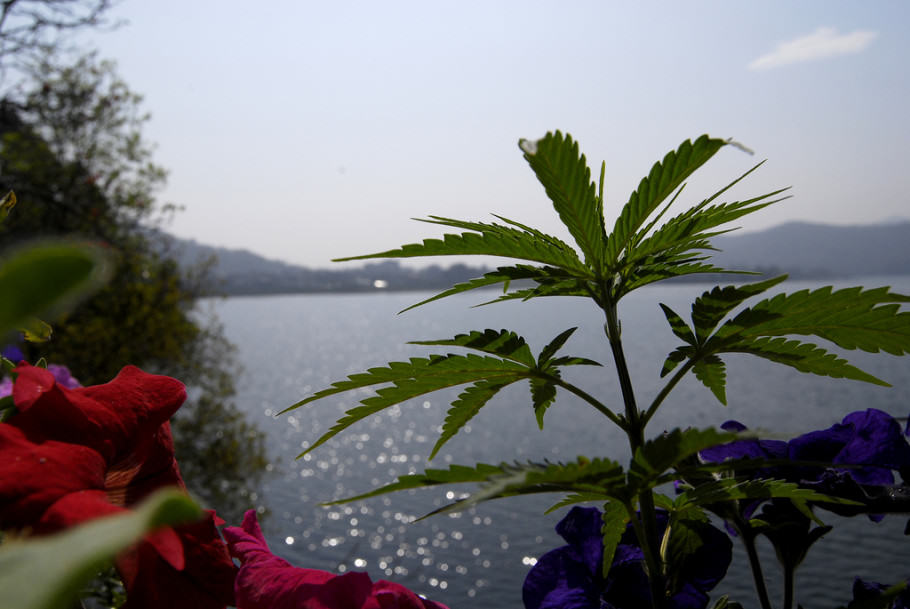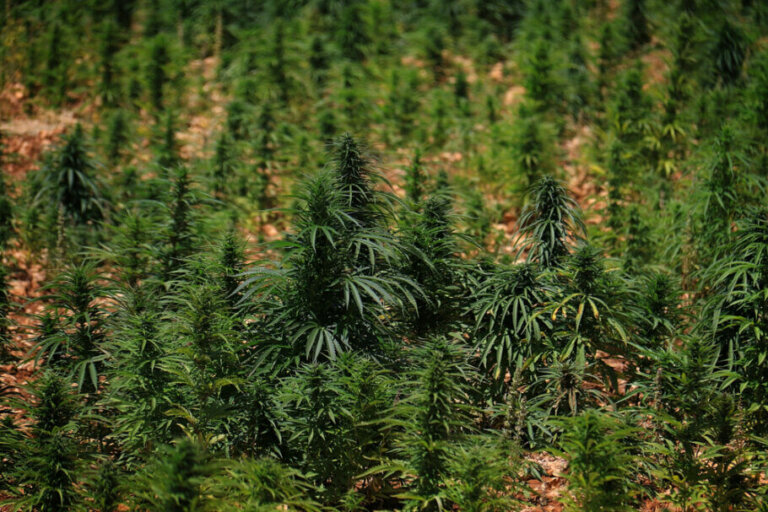Cannabis and Portugal, a century-old relationship
List of contents
In recent years, Portugal has emerged as a focal point of discussion in the international scene in relation to cannabis and its regulation. From its historic step towards the decriminalization of personal drug possession and consumption in 2001 to its most recent move towards the legalization and controlled regulation of medicinal and recreational cannabis, Portugal has undergone a paradigm shift in its approach toward this ancient plant.
Today we invite you to explore the unique path that Portugal has traveled in its relationship with cannabis, examining both the historical background and the most contemporary developments in the politics and legislation surrounding this substance. As the Lusitanian nation navigates uncharted waters in its quest to balance public health, social justice, and economic interests, it is critical to understand the many nuances of its approach, its implications, and its potential influence on the global cannabis landscape.

Cannabis and Portugal, historical context
The cultural and commercial legacy that this plant has left to Portugal is undeniable, not in vain the use of cannabis in this country has historical roots that go back centuries past. During the time of discovery and colonial trade, Portugal established contacts with cultures that already used cannabis for medicinal, textile, and recreational purposes, for example in India or African countries such as Angola or Mozambique. According to some researchers, the Portuguese would have become familiar with the plant and started trading with it from 1510, after the capture of Goa; testimonies such as those of Garcia da Orta (1534), botanist and doctor, or Cristóbal Acosta (1549) would attest to this.
Hemp plantations were common in some regions due to the versatility of this plant in the production of ropes, cloth, and paper, and the manufacture of hemp ropes and sails for navigation only facilitated the development of the Lusitanian fleet. In this way, and in a similar way to what happened with tobacco, the Portuguese ships were in charge of distributing cannabis and its derivative products (from strings to hashish) not only throughout European territory but also in American and Asian lands. Indeed, it seems that Vasco de Gama and Pedro Álvares de Cabral would have reached areas as remote as India or Brazil with hemp ropes and sails, also facilitating the cultivation of the plant in their colonial territories.
However, as time progressed, Portugal adopted more restrictive policies towards cannabis. During its colonial period in Africa and Asia, regulations were put in place to control the use of various substances, including cannabis, leading to criminalization in some cases. The slave trade from Africa to the Americas also greatly facilitated the spread of cannabis and the custom of using it recreationally, something that brought problems in places like Brazil, where in 1830 the government of Rio de Janeiro prohibited the entry of cannabis and penalized its use, especially among slaves.

Decriminalization of cannabis in Portugal
Without a doubt, one of the most significant moments in the modern history of Portugal was in 2001, when the country decided to tackle the drug problem in an innovative way. Instead of focusing on the criminalization of users, Portugal decriminalized the possession and personal use of all drugs, including cannabis. This did not mean the total legalization of the plant, but it changed the focus of criminal justice towards public health, treatment, and risk prevention, policies that seem to us much more logical and coherent with the current situation of marijuana within society.
Fortunately, Portugal did not hesitate and took another important step in 2018 with the effective legalization of medical cannabis. This allowed patients to access cannabis-derived products with a prescription to treat various conditions, a matter of the first order that directly touches the fundamental rights of people. Then, in 2021, the country took an even bolder step by passing legislation to legalize recreational cannabis, allowing its possession and use by adults within certain limits and under state regulation. Thus, people caught in possession of small amounts of drugs for personal use would not face criminal consequences, but would instead be referred to treatment or education programs. Of course, a true example for many other countries, not only in Europe but also speaking globally.
Origins of cannabis cultivation
Where and when did cannabis originate? Where did humans started growing it? In this article we take a journey through a brief, but interesting trip through the history of the relation between mankind and the marijuana plant, a relation that dates back thousands of years and that has been of great benefit for all the different societies which have somehow used it.
Cannabis as an aid to the development of Portugal
The legalization of cannabis has generated discussions about how the country can take advantage of the potential economic benefits of this emerging industry. In addition to the economic aspects, legalization has also raised issues of social justice, as it seeks to minimize the impact of decades of punitive policies on marginalized communities. Somehow, it is intended to destigmatize the plant while evaluating new modes of control and consumption that, in the end, only reinforce individual rights while achieving social and economic progress. These are some of the most important:
- Job Creation: The cannabis industry, spanning from cultivation and production to distribution and sale, can create a variety of jobs at different skill and experience levels. From farmers and scientists to supply chain and marketing workers, the cannabis industry could provide significant employment opportunities, as has already been demonstrated in various US states, for example.
- Tax revenue: Of course, the legalization and regulation of cannabis could generate considerable tax revenue for any government that decides to take the plunge. Sales and production taxes could be used for health programs, education, and other public services, which would be an undoubted benefit for society in general.
- Cannabis tourism: In countries where cannabis is legal, tourism related to this plant often becomes an important source of income. Portugal, with its favorable climate and well-known tourist attraction, could attract visitors interested in experiencing cannabis culture in a legal and safe way. Who wouldn't like to enjoy their favorite variety on a beach in the Algarve?

- Research and development: The legalization of cannabis can encourage scientific research around its medical and therapeutic applications. This could lead to advances in the treatment of various medical conditions and potentially the creation of cannabis-derived pharmaceuticals.
- Rural and agricultural development: Portugal has favorable regions for the cultivation of cannabis due to its climate and soil. Cannabis production could benefit rural areas, providing a new source of income for farmers and contributing to the diversification of the agricultural economy.
- Technological innovation: The cannabis industry can also drive innovation in agricultural technology, cultivation systems, processing, and others. This would not only benefit the cannabis industry but could also have applications in other agricultural fields.
- Reducing Judicial Burdens: By reducing the criminalization of users and focusing on public health approaches, these new, more cannabis-friendly policies can free up judicial and prison resources to address more serious crimes.
- Social Equity and Justice: Cannabis legalization may offer opportunities to address historical inequities in the criminal justice system. Countries have implemented measures to expiate or expunge cannabis-related convictions, especially for minor offenses.
It is important to highlight that sustainable economic and social development over time will require a balanced and well-regulated approach. The proper implementation of policies and regulations is essential to maximize the benefits and minimize the potential risks associated with the cannabis industry, a sector that has been underexploited until now and has enormous growth potential.
At Alchimia we will be very attentive to the evolution of the situation in Portugal, which for the moment has already shown that there are other ways of tackling the issue of cannabis, without so much punitive spirit and with a much broader and more comprehensive point of view. We will keep reporting!
References:
- Cannabis: Evolution and Ethnobotany, Robert Clarke, Mark Merlin
- Cannabis: A History, Martin Booth




































































